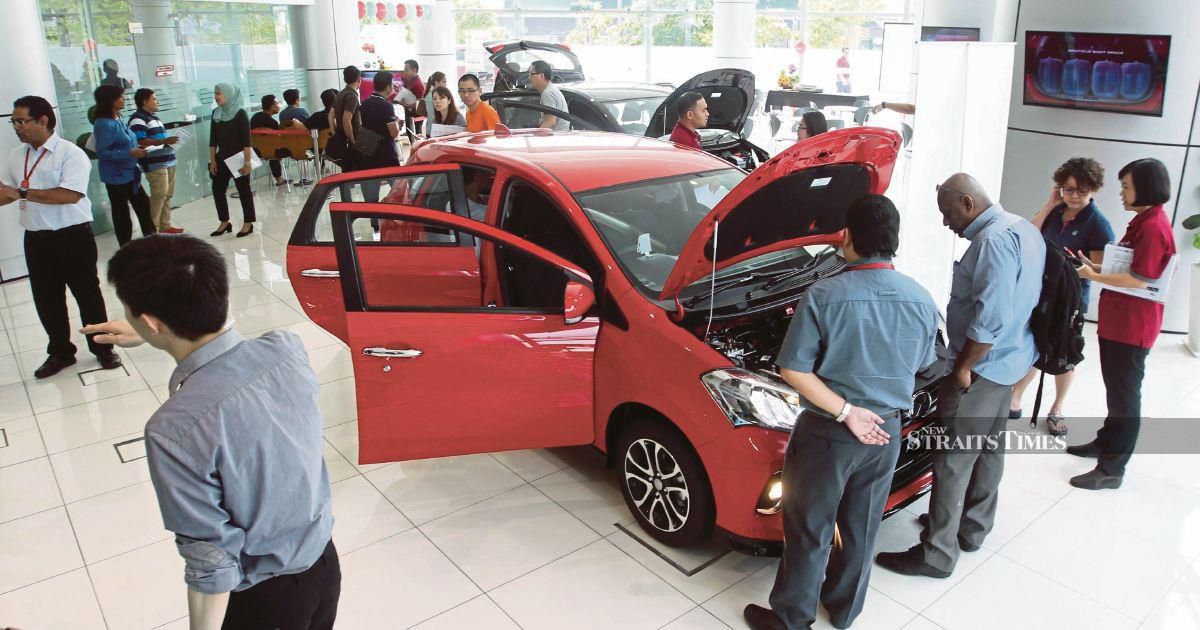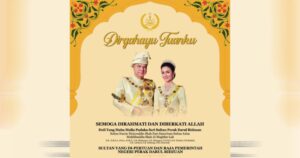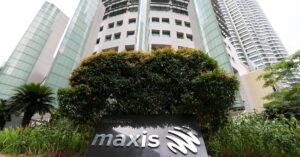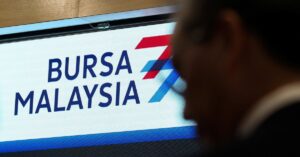TOKYO: Perusahaan Otomobil Kedua Sdn Bhd (Perodua) is re-evaluating its strategy in Indonesia where its Myvi model is currently marketed as Daihatsu Sirion amid the country’s push to develop a national car.
Acknowledging that Indonesia’s national car plan could impact future sales, Perodua president and chief executive officer Datuk Seri Zainal Abidin Ahmad said: “The recent volumes haven’t been very encouraging, but if we can bring something new to the market, I believe we can maintain our numbers.”
Indonesia recently announced that it will begin manufacturing a home-grown car within the next three years.
President Prabowo Subianto reportedly said funding has already been allocated and land prepared for the factories.
“We have started the initiative. We will have Indonesian-made cars in the next three years,” he said, as quoted by the state news agency Antara.
“I have allocated the funds, and the land for the factories is ready. The team is now working, and we’ve already produced jeeps made in Indonesia,” he added.
The prospect could increase competition for Perodua in Southeast Asia’s largest automotive market, where local branding and national industrial policy play an increasingly influential role.
However, Perodua’s long-standing ties with Japan’s Daihatsu – which has a major production base in Indonesia – could provide a strategic buffer as the company reassesses its approach.
At the same time, Perodua is expanding its overseas footprint.
The company has begun exporting used cars starting with Bangladesh, said Zainal during the Japan Mobility Show 2025 on Thursday.
He added that Perodua is exploring new destinations such as Kenya and Mozambique.
The move, Zainal said, can help manage Malaysia’s vehicle density while opening fresh revenue streams.
He also revealed that Perodua is studying Timor-Leste as a potential new market following its recent entry into Asean, joining Brunei and Indonesia in the company’s regional export focus.
“We’re proud that in countries like Papua New Guinea and Timor-Leste, as well as Surabaya in Indonesia, Perodua has become a trusted name – even serving as police cars in some places,” Zainal said.
Meanwhile, he said Perodua will introduce countermeasures to cushion the impact of a potentially shorter loan tenure on car buyers.
The company is assessing how such changes could affect vehicle affordability and overall ownership costs.
“In the past, Perodua was known for being cheap. Today, we’re talking about affordable mobility – mobility as a lifestyle,” he said.
Zainal noted that even if shorter loan terms weigh on buyers in the near term, Perodua is prepared to roll out measures to help ease the transition.
“Over time, we expect minimal disruption, given Perodua’s strong resale values and emphasis on total cost of ownership,” he added.
For the electric vehicle (EV) segment, Zainal said Perodua is also exploring innovative ownership models, including battery leasing, to keep entry prices within reach of mass-market consumers.
“Our EV customers will be different from our ICE customers, and our pricing will reflect that.
“But God willing, we aim to maintain a stronger resale value than many other EVs on the market,” he added.
Zainal’s comments come as regulators and financial institutions weigh adjustments to auto financing terms to strengthen household debt profiles.
Industry observers say any shift toward shorter tenures could reshape car-buying behaviour, particularly in the entry and mid-market segments where Perodua dominates.
© New Straits Times Press (M) Bhd






